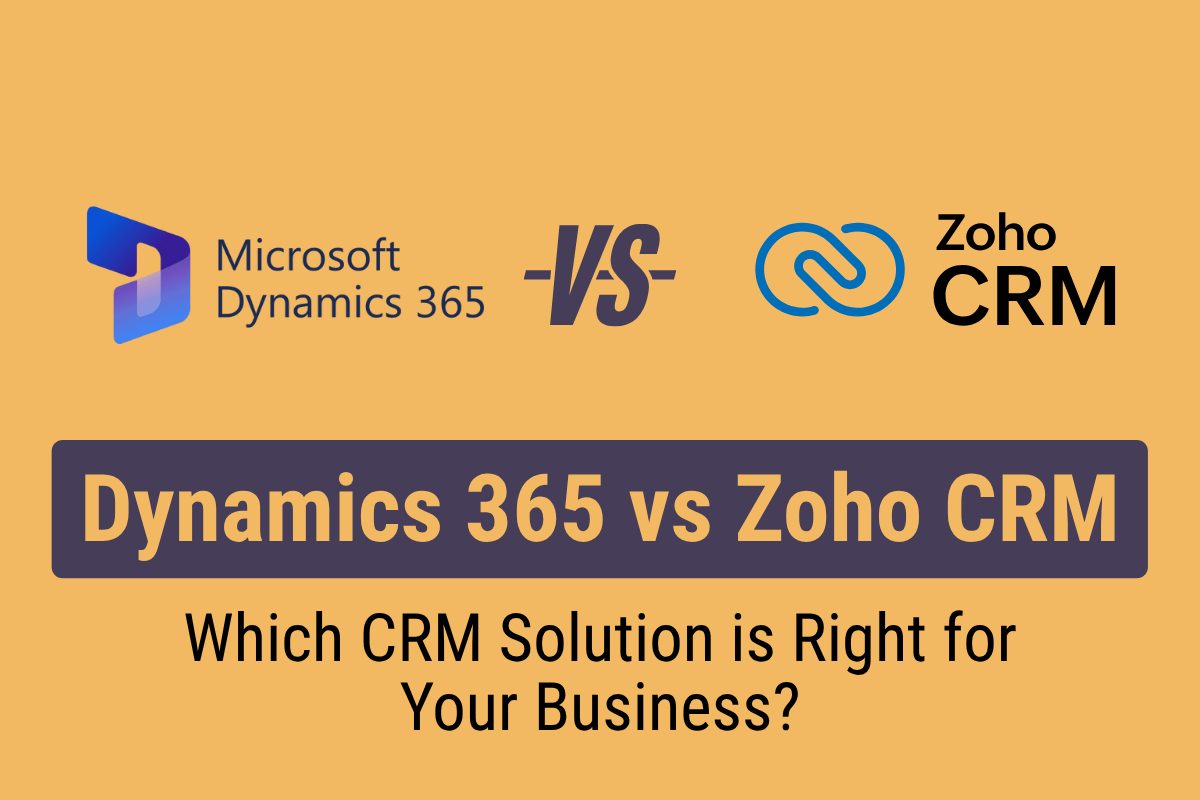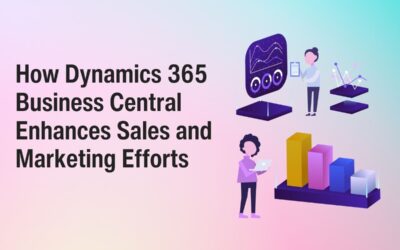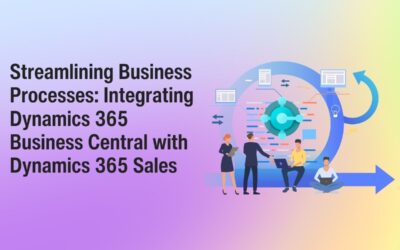Before we answer this question, it is essential to define CRM, the acronym for Customer Relationship Management. CRM is used in organisations of varying sizes to manage interactions with customers and potential customers.
In essence, it helps an organisation improve business relationships to grow its business. CRM can be used efficiently across various departments to improve customer relations and increase sales and profitability.
The core genius of a CRM system is the holistic management of the customer lifecycle, from marketing, sales, and human resources to project operations and customer service interactions.
Why Implement a CRM solution for your business?
CRM is important if your goal is to build good relationships, keep track of your prospects, track sales leads and if customer acquisition and retention are at the top of your list.
A robust CRM solution will provide you insights into growth opportunities, allow you to optimise operating processes, and how to make the most of your customer relationships and sales leads.
With a CRM solution, everything you need to run your business can be customised on the dashboard to inform you of your customer’s previous history with your organisation, the status of their orders, sales leads, customer services issues etc.
How will a CRM solution benefit various business functions?
CRM implementation has moved from predominantly a sales and marketing tool to other areas of the organisations such as HR, customer services, and supply chain functions. Let us look at how different business functions may benefit from a CRM solution:
• Your sales department may use CRM to understand the entire sales cycle, giving them an overview of every opportunity or lead.
• Your marketing team may use it to manage inbound leads, plan customer journeys, plan and execute marketing campaigns, identify new content opportunities and more.
• Your customer service team may use CRM to gather essential information about customers, such as interest, communication history, and past queries allowing the team to provide better customer support.
• Your supply chain, procurement, and partner management team may use CRM to monitor supplier’s and partner’s activities
• Your HR department may use CRM to manage employee-related records confidentially.
• You may use CRM for project operations – bring people, processes, and automation technology together in your projects.

Who benefits from CRM solution?
Growing businesses – a CRM solution can help automate a growing company with processes, leaving time to focus on business growth.
Scale-up businesses – a CRM solution will allow a scale-up company to use CRM to automate their business processes, also allowing for greater customisation for a more intuitive customer engagement and much more.
If you do not currently have a CRM solution or one that does not work for you, you may be doing your business a dis-service. Microsoft Dynamics 365 is the CRM solution we recommend for your business.
It is a flexible platform that helps your business streamline critical processes and connects your data to build relationships, increase productivity and improve customer satisfaction.
Choose a particular application and use it as a powerful business solution or integrate multiple CRM tools that work seamlessly to increase functionality across additional departments. Click here for a complete capability guide for Dynamics 365 CRM, and you may also try it for free.
If you want to implement D365 CRM in your business, contact our Solution Experts.







